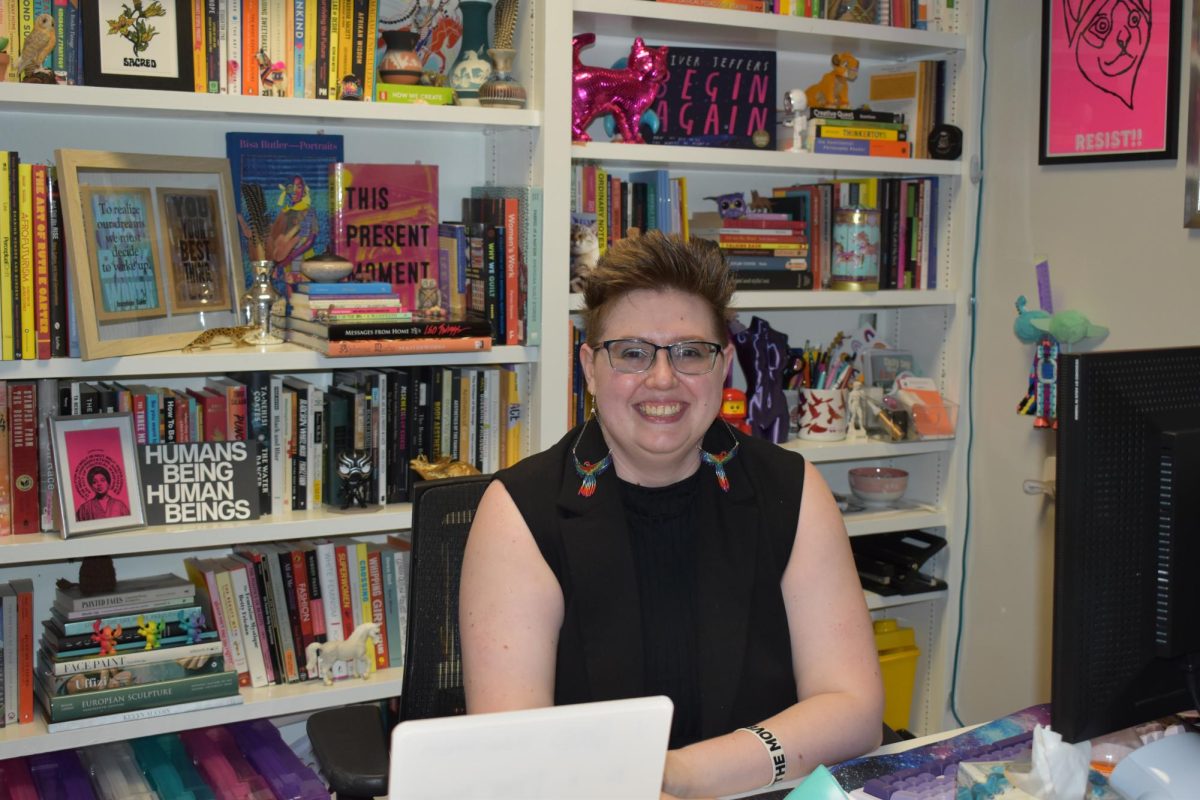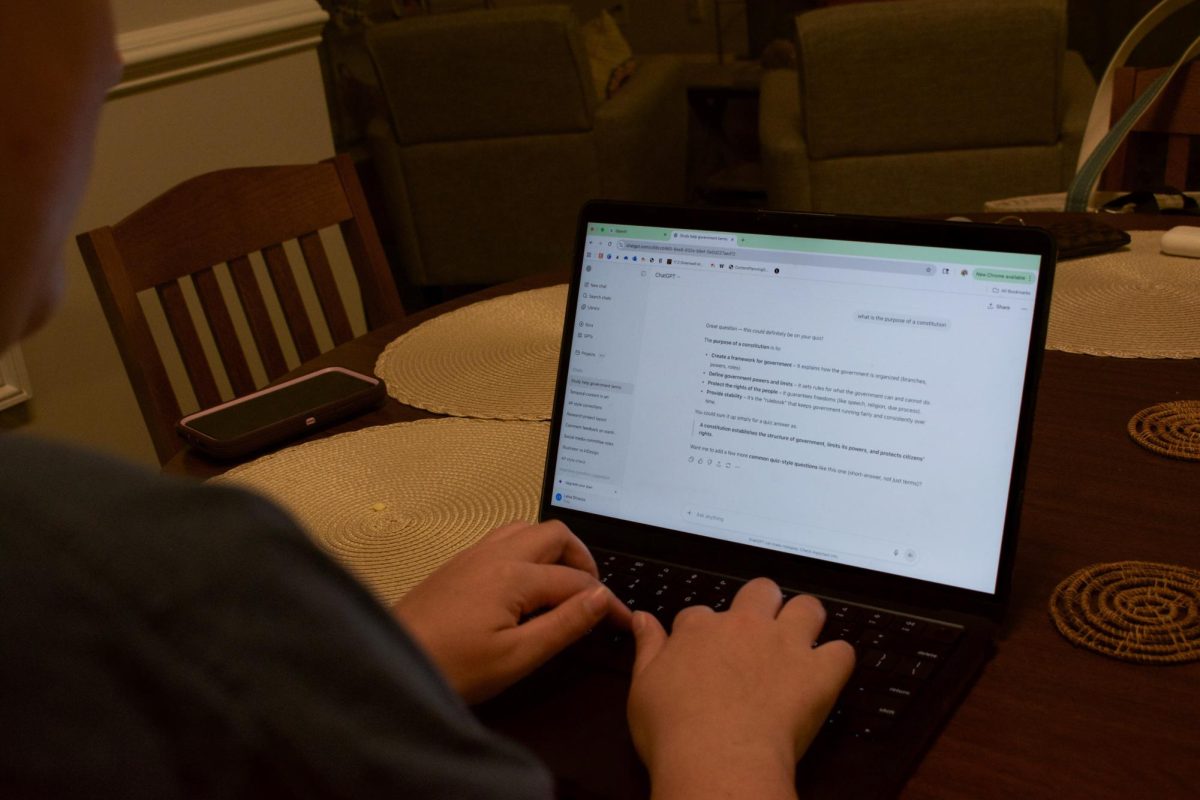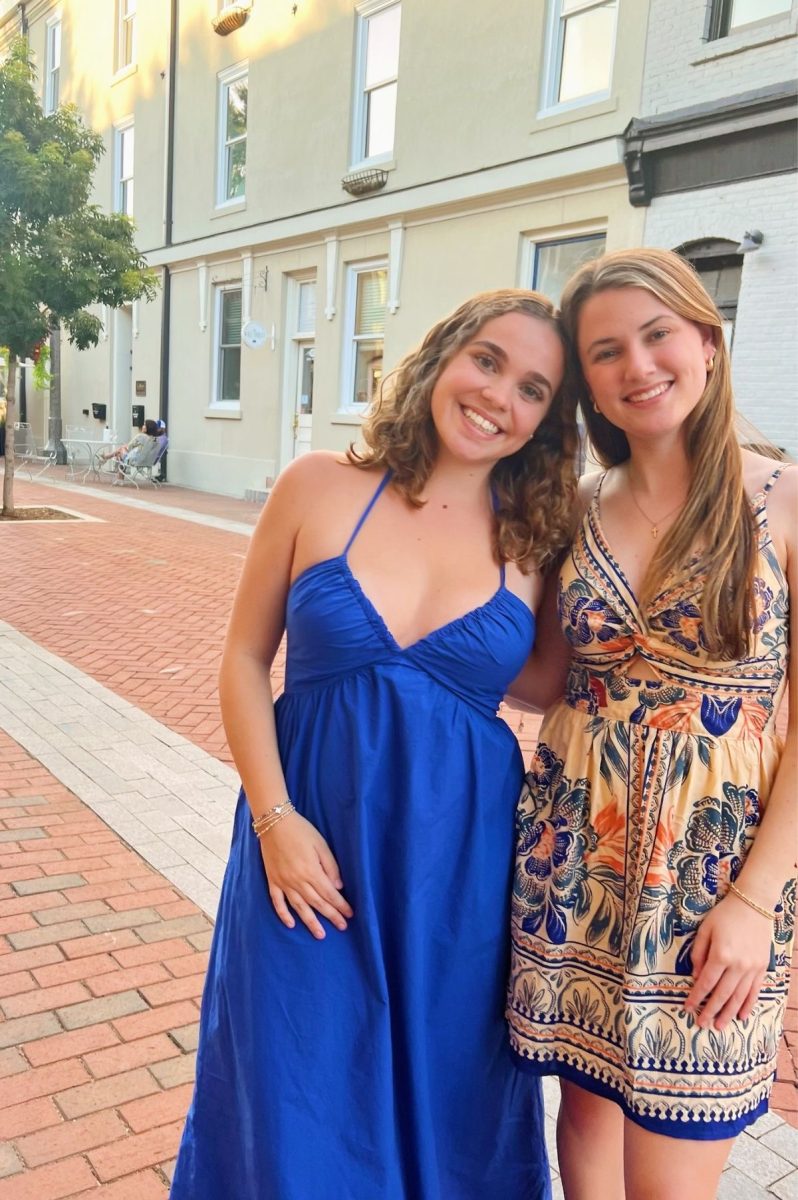Jeyoul Choi, visiting assistant professor of religion, recently gave his “Religions of the World” class a fieldwork assignment.
Students must attend a religious service different from their own faith and write an essay about the experience.
Other religion professors have also made this assignment part of their courses.
According to Choi, the purpose of fieldwork is for students to learn firsthand about a different religion, which enables them to learn more about themselves.
Choi said that students may feel uncomfortable attending a service, but that is part of experiencing something new.
“The main thing that I am asking students to do is to navigate and deal with the discomfort they are experiencing in a different religious site,” Choi said. “We are not trying to convert you or be apologetic to particular faiths.”
Rather, the course helps students to understand religion in an academic way.
“Understanding religion from an academic perspective is a really important imperative for liberal arts colleges,” Choi said. “(As a religion professor,) I help students to think about their own identity through the lens of religion.”
According to Choi, some students have a preconception that religion classes are boring and irrelevant.
Choi disagreed with this and stressed that religion has shaped society throughout history and continues to do so.
“Early modern scholars predicted religion would die, but that didn’t actually happen,” Choi said. “We are living in the 21st century, and we see an explosion of religious populations around the world.”
One such religion that is growing exponentially around the world is Islam.
Nikolas Canoutas ‘25 visited Spartanburg Masjid for his fieldwork paper.
At specific intervals, “people (got) on their knees and (started) praying,” Canoutas said.
As people bowed, someone would sing passages from the Quran.
After around five minutes of prayer, people were free to do other things. Worshippers could stay and converse with others or could leave and return for the next prayer.
Canoutas saw many differences from his Orthodox Christian church.
“As an Orthodox, we have a priest that leads the prayer, whereas (at the mosque) anybody can lead the prayer,” Canoutas said.
Canoutas also noticed different requirements for Muslim men and women.
“Women were on one side behind a glass that was darkened, so (men) cannot see women but the women can see (men),” Canoutas said.
In addition, Canoutas was able to observe the diversity of the mosque.
“There were a lot of Pakistanis and a few Morrocans,” he said.
Most apparent to Canoutas was that Islam seemed to him more individualistic compared to his own faith.
Parker Douglass ‘25, a Presbyterian, and Olivia Babb ‘25, a Baptist, visited St. Paul the Apostle Catholic Church in Spartanburg.
The liturgical aspect of Catholicism interested Babb.
“Certain things that they do like the giving of gifts, the chiming of bells and saying the Nicene Creed were unfamiliar,” Babb said.
Douglass usually associates ritualism with other religions.
“It was cool to see Christianity has that as well, which I never really experienced,” Douglass said.
Both students observed similarities and differences with their own denominations.
“It was still Christianity, so we still knew some things that were going on, but it was also good because we definitely did not know a good amount of things,” Babb said.
Douglass said that she saw some Wofford professors there who helped both of them know what to do. Both said that the experience was “eye opening.”
Choi’s students had learned many valuable things from the assignment.
“Part of the fieldwork paper (is learning) more about religion in yourself by participating in other religious rituals,” Choi said.
The other part, of course, is writing the paperfor Choi’s class.
Choi is looking forward to reading about the interesting services his class attended.































